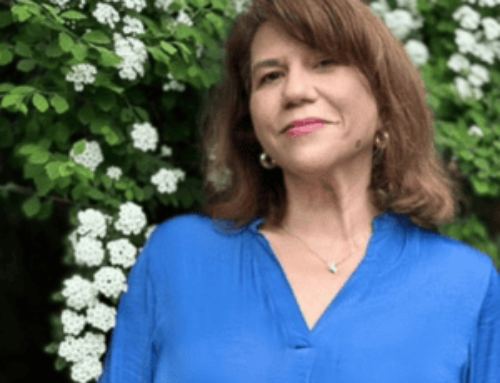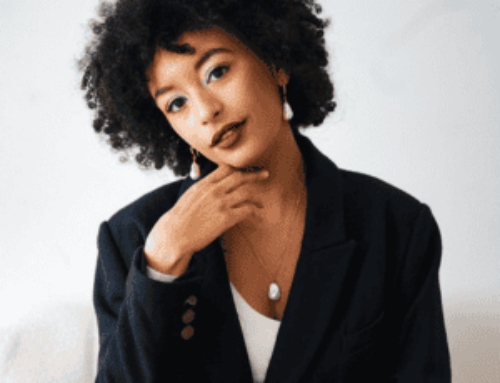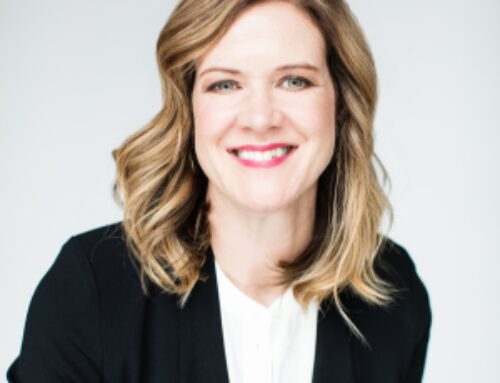Trigger warning: Sexual violence
It’s important to note that every survivor’s journey to healing is different, and healing is not necessarily linear. It may or may not include speaking out online; it may or may not include seeking justice through the court system. Some may look for alternative ways of healing, like restorative justice options, or therapeutic support. No matter what options survivors pursue, we support them in accessing what they need in order to heal.
It’s also important to note that survivors don’t owe anyone their story: Even though the #MeToo movement has helped many come forward, there are many more who have not been able to. Some marginalized women and non-binary folks may feel unable to come forward for various reasons like fear of losing their job, jeopardizing their immigration status, or being stigmatized.
In a grade twelve writer’s craft class, I wrote the story of my experience of sexual violence. Looking back at it now, I can see that I was filled with so much animosity towards my loved ones. But after taking a year off school and attending therapy, I’ve been working on healing from one of my greatest traumas.
From the age of six, I can remember my older female cousin molesting me. However, after having a conversation with her twelve years later, I realized that she did not do this with any ill will or wanted me to suffer. Instead, she was practicing repetitive behaviour that was taught to her as “normal.” To put it in other words, she too was a victim of sexual violence.
This vicious cycle of generational trauma ends with me. Here, I’m sharing two things that have helped me along my journey of healing, so that we can fight this injustice together.
Forgiveness
Every survivor’s path to healing is different and valid. Forgiveness has been key in my healing journey, but that does not mean that it will be for everyone. It has taught me how to come to terms with my sexual abuse and find different coping mechanisms that don’t impact my other relationships. Once I realized that my cousin was helpless herself and didn’t know any better, I forgave her. Personally, I continue to have a relationship with her to this very day.
However, I am still working on my journey of forgiving my parents. Coming from a place of understanding rather than blaming has helped me get there. Growing up, I believed it was their responsibility to protect me from any harm, to do something about it. Over the years, I realized that they were only doing the best they could with what they had and did not know how to deal with the situation.
The power of language
The power of language has also been monumental in shifting my perspective on this situation. I learned that viewing myself as a survivor of sexual assault is much more empowering than viewing myself as a victim.
Making this shift has shown me that the power is now in my hands, I get to share my story in order to embrace it and then release it. It’s like a kite, rising slowly in the air supported by the wind, but flying fiercely high in the sky once it has reached its peak.
I am no longer suffering in silence, and speaking up has given me the opportunity to help others.
What has helped you heal? Share in the comments below.
The Canadian Women’s Foundation funds programs along a continuum of violence prevention and rebuilding the lives of women and children. We also fund programs that build the community and capacity of organizations working to end gender-based violence. Learn more about this work.







